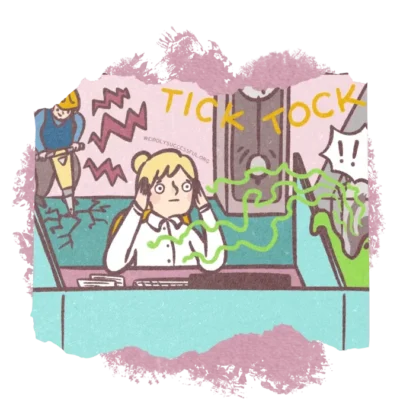I didn’t think I was neurodivergent – until I learned what it really means
"How did no one ever notice??"
The amount of times this sentence is heard in our house, along with the dramatically exaggerated waving of arms, would definitely qualify for a sitcom catchphrase.
You see, reader, I'm what they call "late-diagnosed".
"Late" is relative, of course. For ADHD, "late diagnosis" can mean anything from above 60 for those above 60 to 25 for those who are 25. For Autism, …




